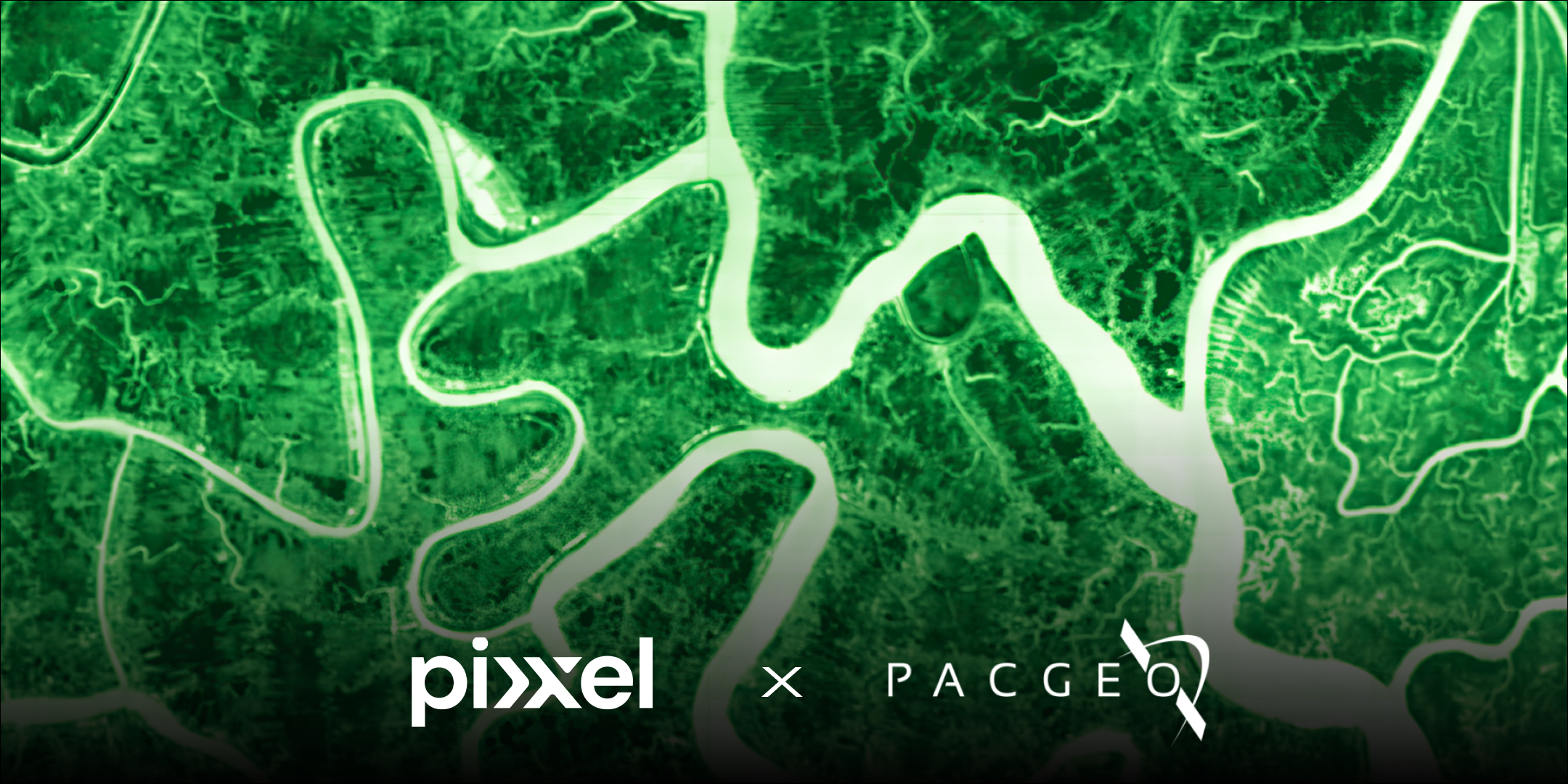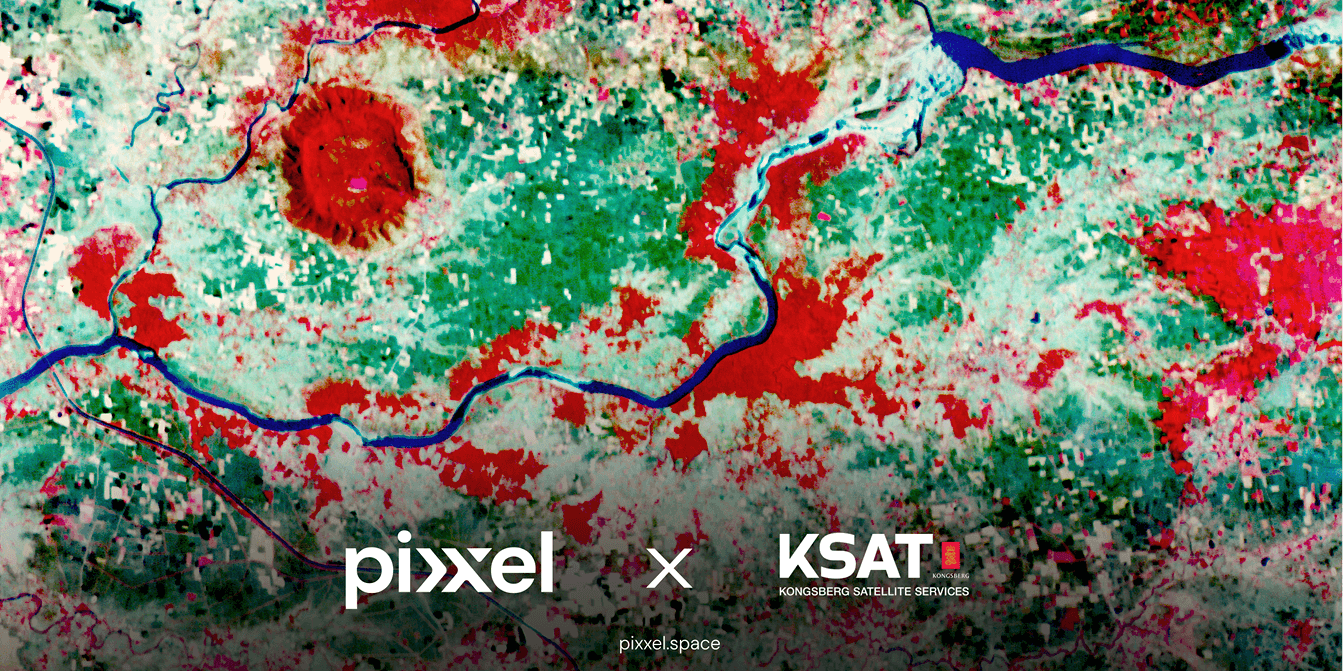Pixxel and Geoimage Partner to Bring High-resolution Hyperspectral Imaging to Australia
.png)
We're thrilled to share some significant developments that will take our capabilities to the next level! Over the past two years, Geoimage has partnered with Pixxel, a leading space data company and spacecraft manufacturer, redefining Earth observation with hyperspectral imaging. With their imminent launch of six commercial hyperspectral satellites in January 2025, we’re on the verge of transforming how we analyse our planet.
This collaboration empowers Geoimage to deliver deeper insights through spectral analysis, utilising Pixxel's advanced imaging capabilities that cover up to 250 spectral bands. Together, we aim to enhance our understanding of the environment and better meet the diverse needs of various industries.
Here are some of the innovative applications we’re excited to explore:
- Critical Mineral Exploration: Provide valuable exploration insights through mapping of alteration minerals.
- Vegetation Health and Classification: Differentiate between weeds and native plants, aiding in effective land management.
- Land Use Identification: Assess materials and uses in urban planning, supporting more competent resource management.
Mark Covington, General Manager of Geoimage, said, “The realm of hyperspectral has long been difficult territory with a scarcity of satellite sensors and scarcity of skills to apply hyperspectral data to real-world challenges. Pixxel will surely break new ground in this area, and we are truly excited to be partnering with Pixxel in this area of Earth.” Pixxel will surely break new ground in this area, and we are truly excited to be partnering our spectral analysis expertise with Pixxel’s data to take Earth observation to the next level.”
Aakash Parekh, Chief Commercial Officer at Pixxel, added: “Partnering with Geoimage as we prepare to launch our upcoming hyperspectral satellite constellation is a significant milestone for both companies. This collaboration opens up new opportunities in Earth observation, especially for mining and vegetation applications for Australian enterprises. This synergy is not just about data access; it’s about creating a smarter future for our planet with actionable insights.”
With three hyperspectral satellites already in space, Pixxel is now working towards launching six satellites in 2025 and 18 further satellites by 2026-27, aiming to build a comprehensive health monitor for the planet.
Stay tuned as we continue to explore more avenues to revolutionize Earth Observation!

.png)

